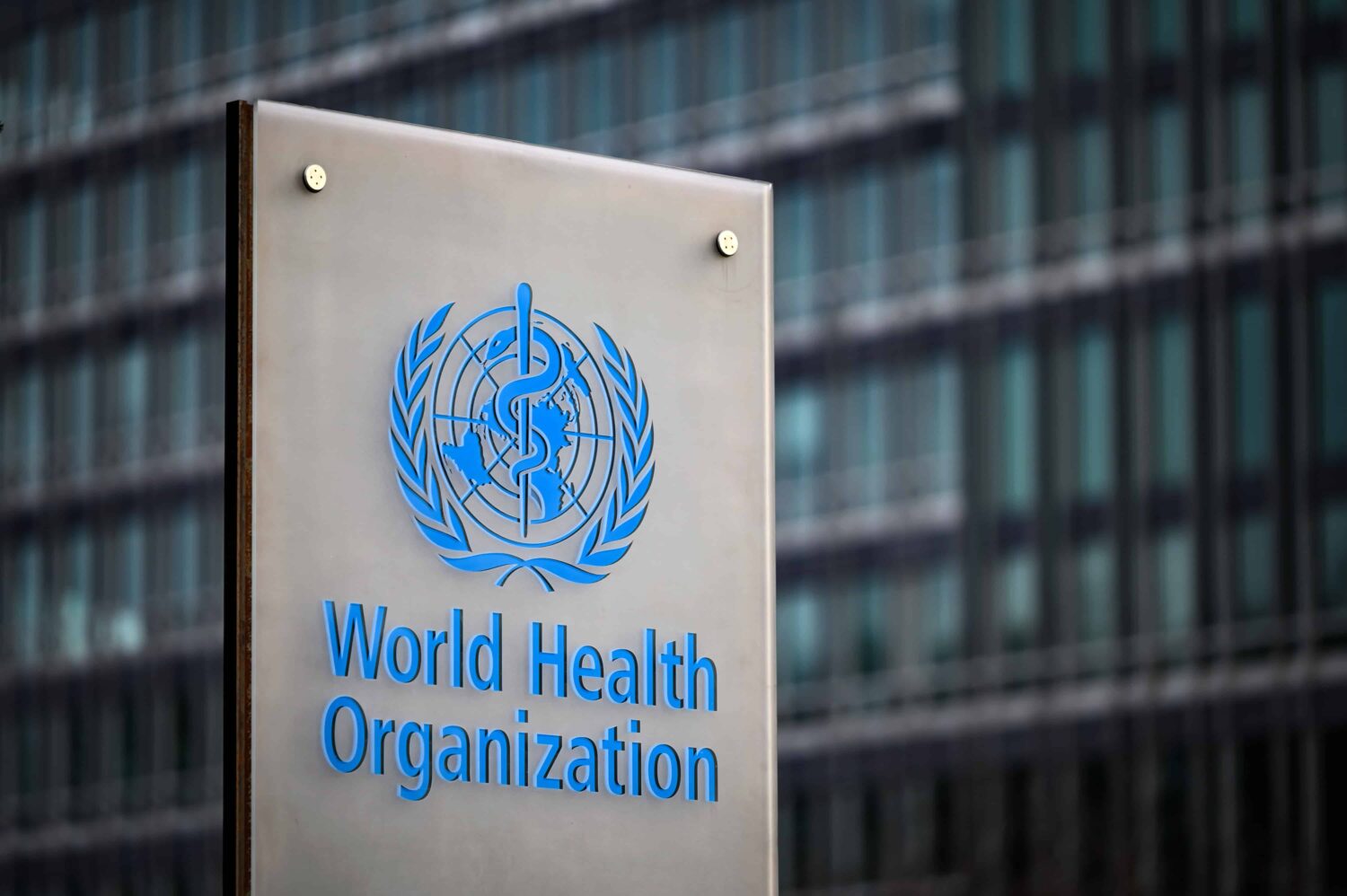World Health Organization (WHO) has said that it is working closely with ‘partners’ to better understand the extent and cause of an outbreak of monkeypox.
According to a WHO statement the virus is endemic in some animal populations in a number of countries, leading to occasional outbreaks among local people and travelers. The recent outbreaks reported across 11 countries so far are atypical, as they are occurring in non-endemic countries.
There are about 80 confirmed cases so far, and 50 pending investigations. More cases are likely to be reported as surveillance expands.
WHO is working with the affected countries and others to expand disease surveillance to find and support people who may be affected, and to provide guidance on how to manage the disease. We continue to convene meetings of experts and technical advisory groups (such as the meeting today of the Strategic & Technical Advisory Group on Infectious Hazards with Pandemic and Epidemic Potential [STAG-IH]) to share information on the disease and response strategies.
WHO continues to receive updates on the status of ongoing outbreaks in endemic countries.
Monkeypox spreads differently from COVID-19. WHO encourages people to stay informed from reliable sources, such as national health authorities, on the extent of the outbreak in their community (if any), symptoms and prevention.
As monkeypox spreads through close contact, the response should focus on the people affected and their close contacts. People who closely interact with someone who is infectious are at greater risk for infection: this includes health workers, household members and sexual partners.
As the situation is evolving, WHO will continue to provide updates we learn more.







